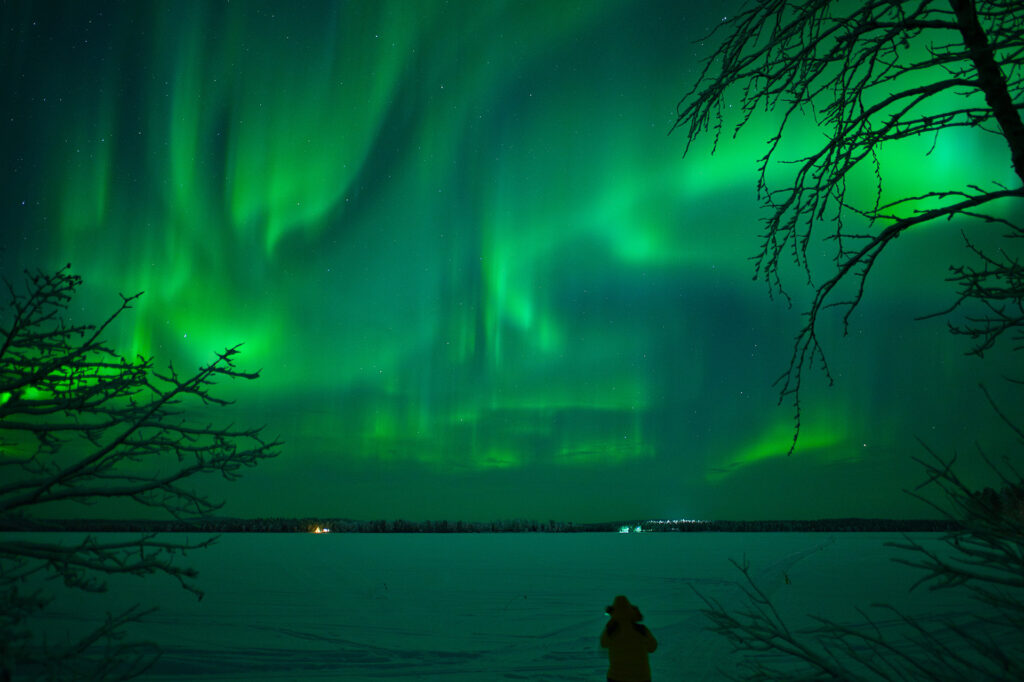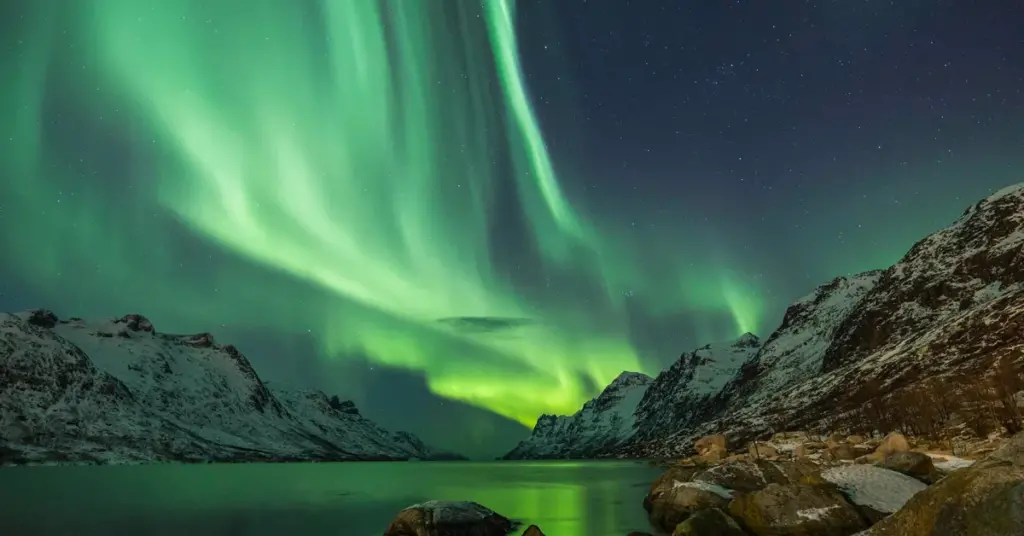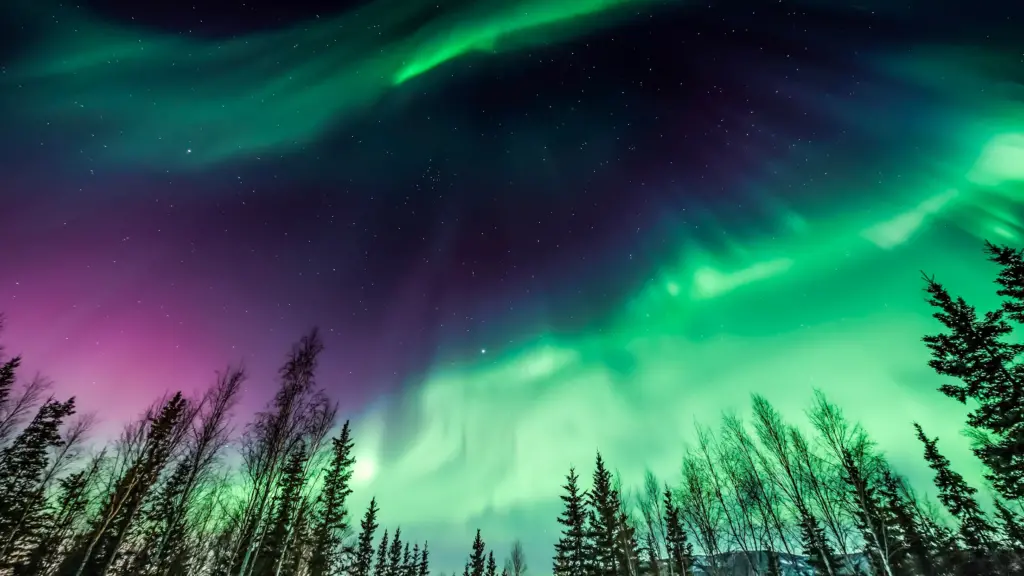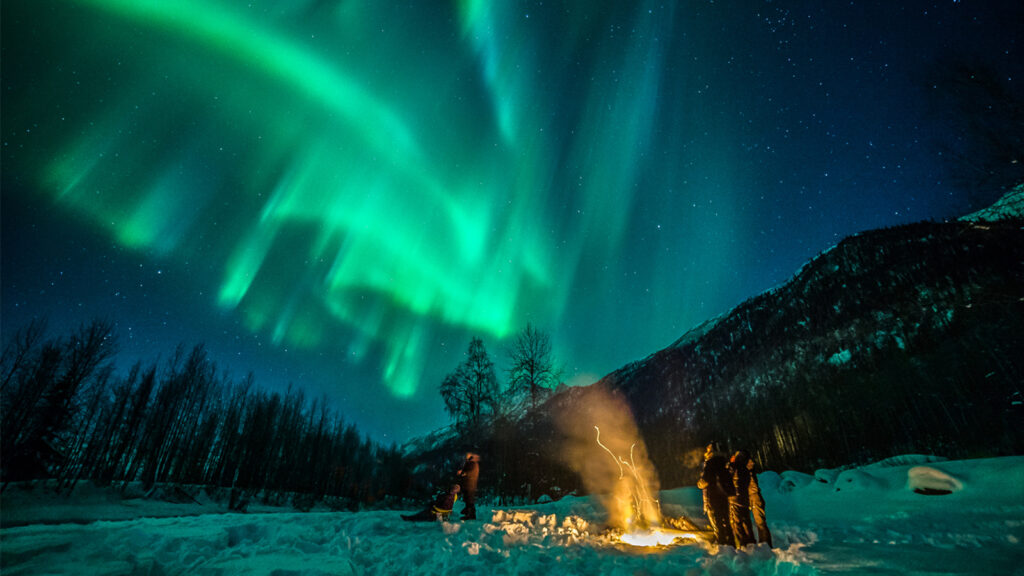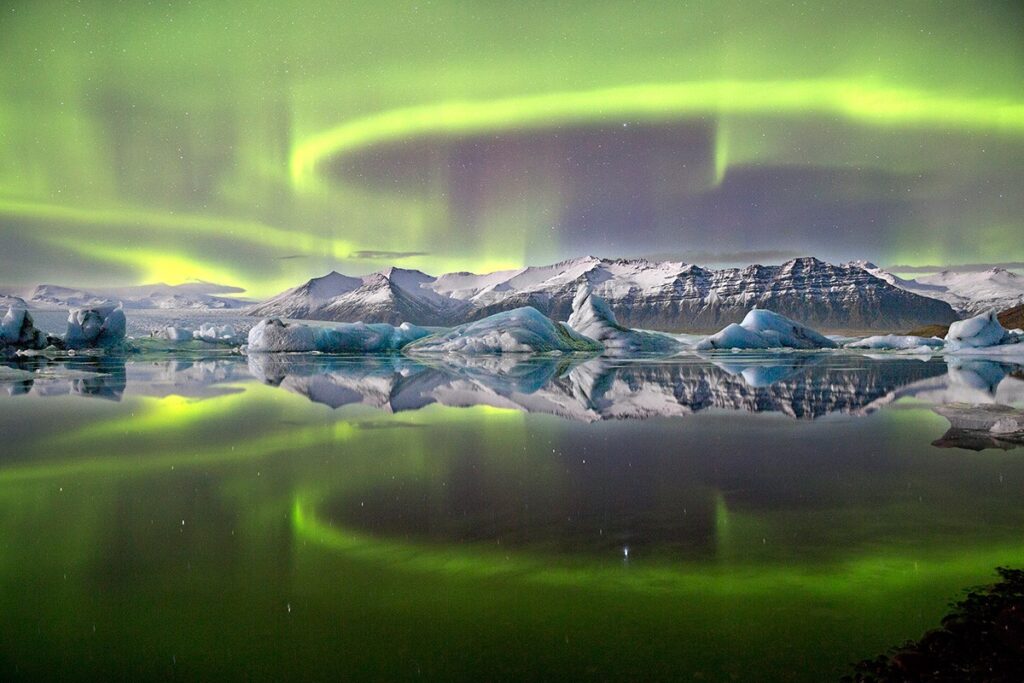Introduction
Minnesota, with its vast landscapes and northern latitude, serves as a prime location for witnessing the mesmerizing Aurora Borealis. In this guide, we’ll uncover the potential locations and conditions where you can see Aurora Borealis in Minnesota, the Land of 10,000 Lakes.
Exploring Minnesota’s Northern Lights
Minnesota’s expansive skies and relatively low light pollution offer an ideal canvas for the enchanting dance of the Northern Lights. Discovering the best locations enhances the chances of capturing this celestial phenomenon in all its glory.

Understanding Aurora Borealis
Before delving into the specifics, understanding the Aurora Borealis is crucial. This natural light display, born from solar particles colliding with Earth’s magnetic field, transforms the night sky into a canvas of mesmerizing hues.
While traditionally associated with high-latitude regions, Minnesota offers a unique opportunity for Northern Lights enthusiasts due to its northern location and expansive wilderness.
| ℹ️ Read More: | Where Can You See Aurora Borealis in North Dakota? |
Geographic Factors in Minnesota
Given Minnesota’s northern latitude and abundance of lakes and forests, the conditions for witnessing the Aurora Borealis are favourable. Understanding specific geographic factors, such as elevation and proximity to darker areas, can enhance the chances of a sighting.

Best Times to Witness Aurora Borealis in Minnesota
While Minnesota may not be a prime location for Aurora sightings, specific times during heightened solar activity, typically during fall and winter, present opportunities for residents to witness the lights. Monitoring solar forecasts is key to maximizing the likelihood of a sighting.
Top 5 Places Where You Can See Aurora Borealis in Minnesota
Voyageurs National Park
Nestled in the wilderness of northern Minnesota, Voyageurs National Park provides a secluded setting with minimal light interference, offering optimal conditions for Northern Lights sightings.
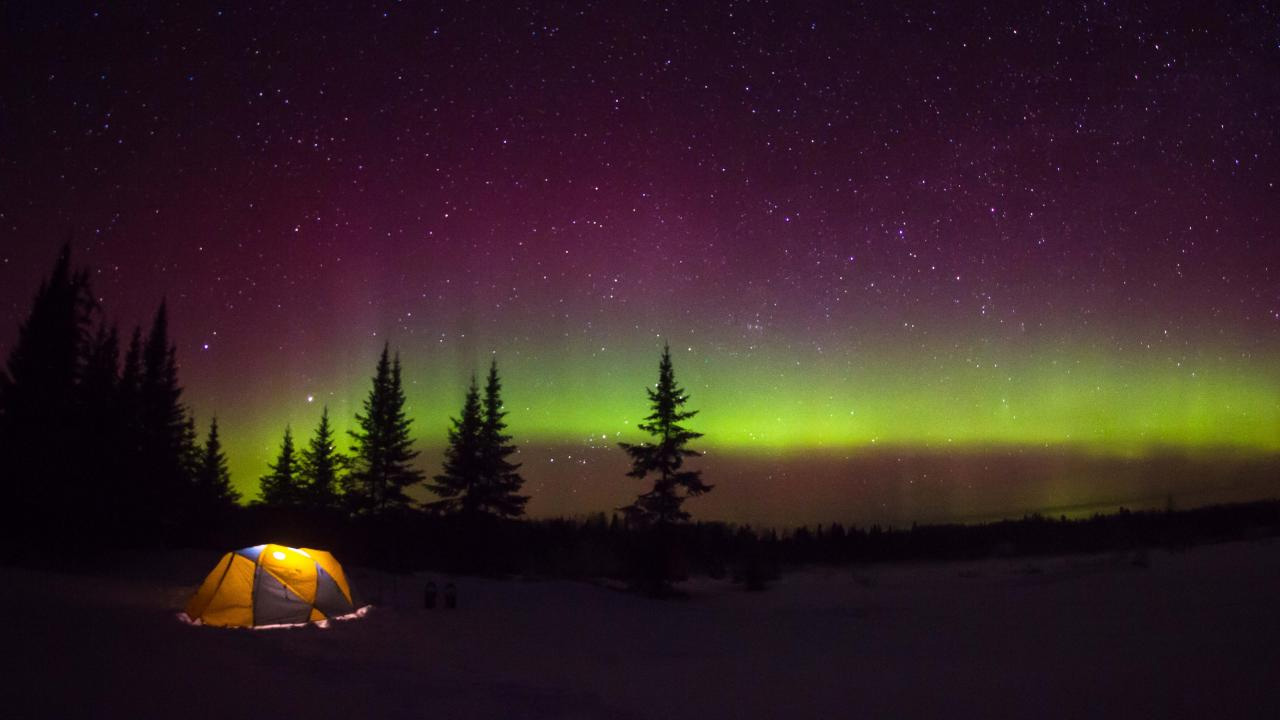
| ℹ️ View More |
| 🏡 Best Places to Stay Near Voyageurs National Park |
Boundary Waters Canoe Area Wilderness
The pristine lakes and dense forests of the Boundary Waters create a serene backdrop for potential Aurora Borealis sightings, especially during periods of heightened solar activity.

| ℹ️ View More |
| 🏡 Best Places to Stay Near Boundary Waters Canoe Area Wilderness |
Lake of the Woods
With its dark skies and expansive horizons, Lake of the Woods, near the Canadian border, provides an excellent vantage point for capturing the vivid colours of the Northern Lights.

| ℹ️ View More |
| 🏡 Best Places to Stay in Lake of the Woods |
Split Rock Lighthouse State Park
Overlooking Lake Superior, Split Rock Lighthouse State Park offers a combination of elevated terrain and a dark shoreline, creating optimal conditions for witnessing the celestial display.
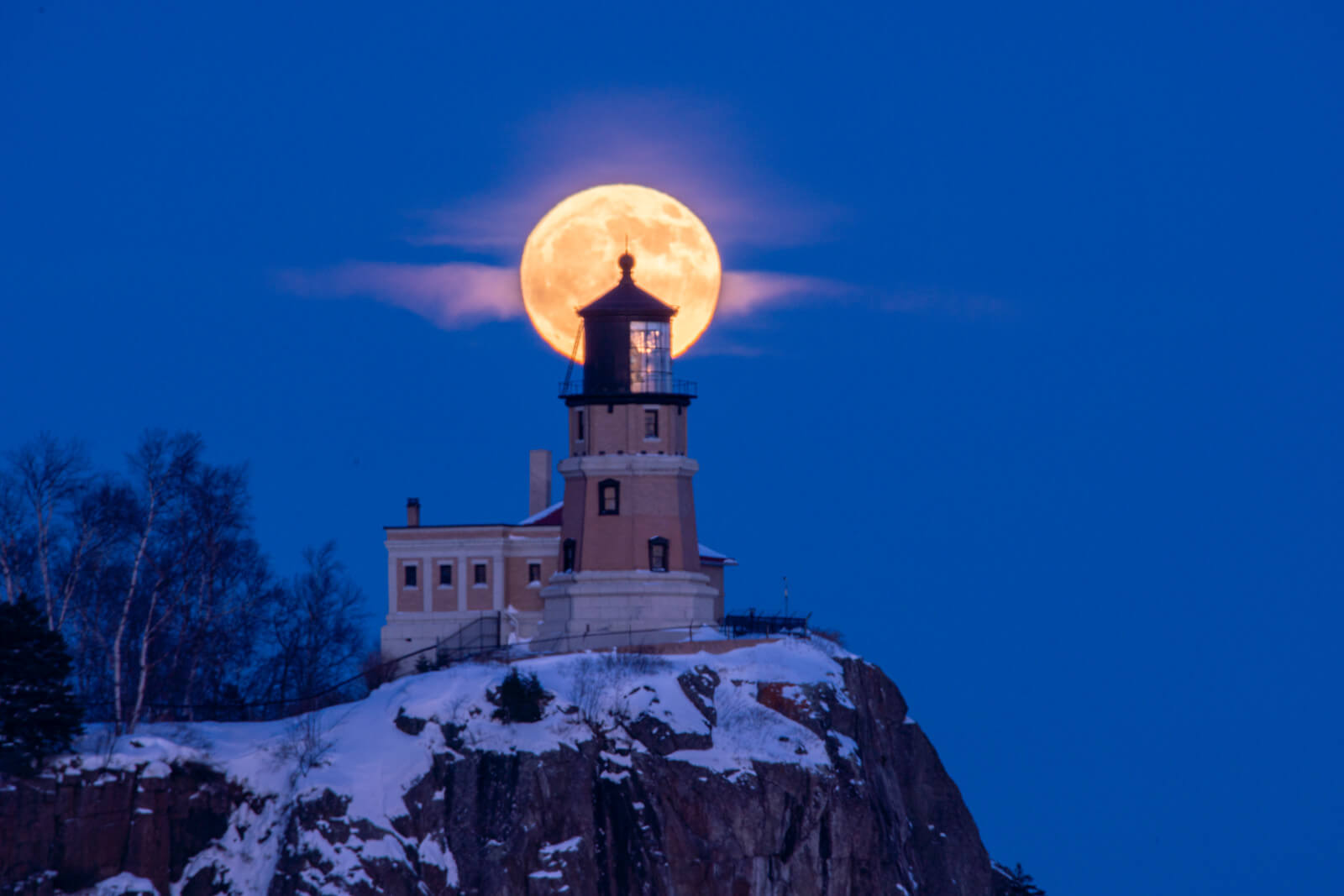
| ℹ️ View More |
| 🏡 Best Places to Stay in Split Rock Lighthouse State Park |
Grand Portage State Park
Located along the north-eastern tip of Minnesota, Grand Portage State Park‘s remote setting offers unobstructed views of the night sky, making it a potential spot for Northern Lights enthusiasts.
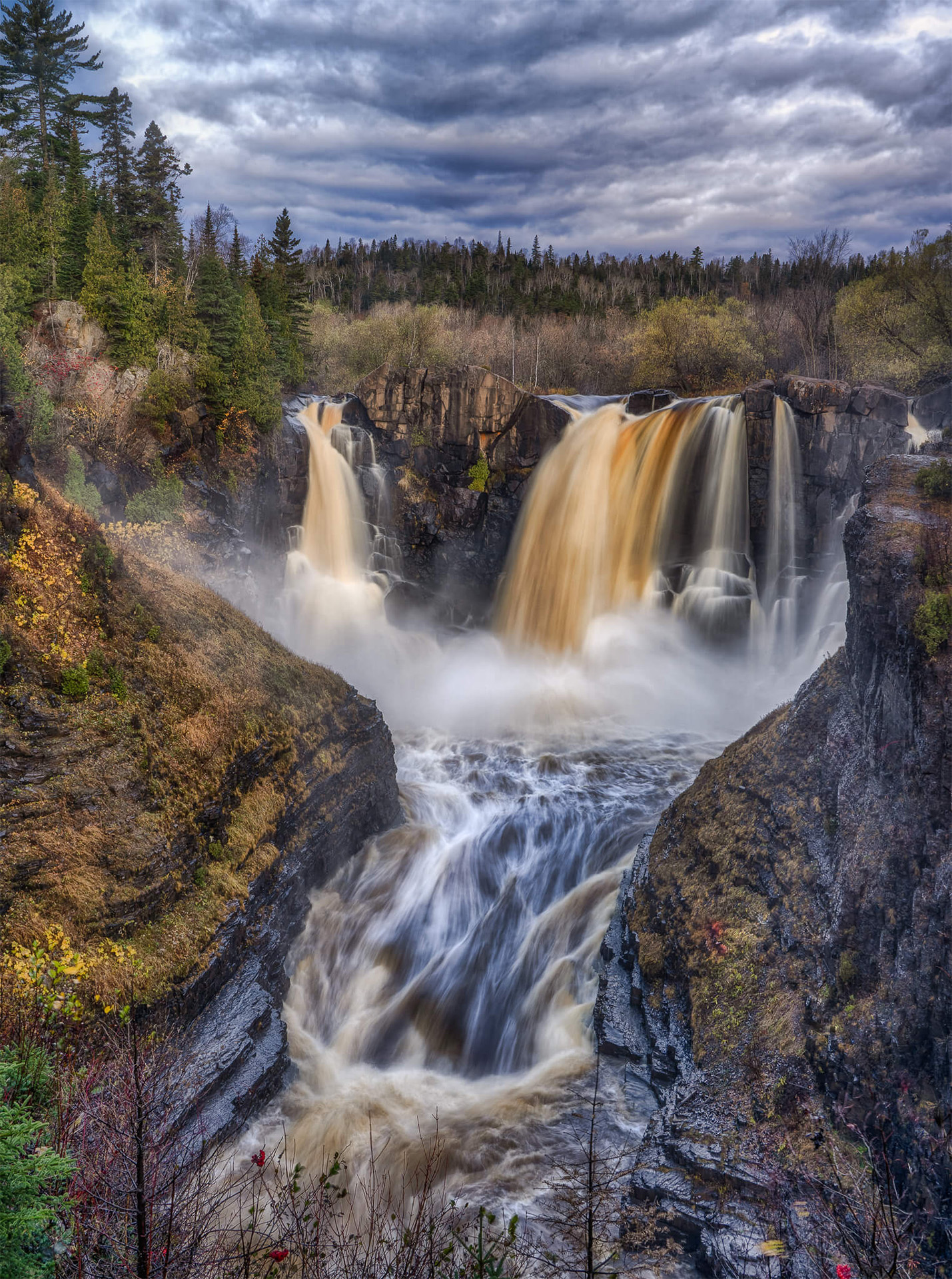
| ℹ️ View More |
| 🏡 Best Places to Stay Near Grand Portage State Park |
Factors Influencing Northern Lights Visibility in Minnesota
Solar Activity and Minnesota’s Night Skies
Monitoring solar activity becomes crucial for increased chances of witnessing the Northern Lights in Minnesota. Solar maximum years, occurring approximately every 11 years, mark periods of heightened solar activity, creating optimal conditions for celestial displays.
Geographic Considerations
Minnesota’s geographical diversity, from expansive lakes to dense forests, offers a range of potential locations for Northern Lights visibility. Choosing spots with minimal light pollution and clear horizons enhances the overall experience.

Conclusion
Minnesota’s natural beauty and northern latitude make it a hidden gem for Northern Lights enthusiasts. Explore the recommended locations like Voyageurs National Park, Boundary Waters Canoe Area Wilderness, Lake of the Woods, Split Rock Lighthouse State Park, and Grand Portage State Park for an unforgettable experience of the Aurora Borealis against the Minnesota night sky.
| ℹ️ Read More: | Where Can You See Aurora Borealis in North Dakota? |
Frequently Asked Questions: Where Can You See Aurora Borealis in Minnesota?
Q: Can you see the Northern Lights in Minnesota?
A: Yes, Minnesota, particularly in northern wilderness areas, offers opportunities for witnessing the Northern Lights, especially during geomagnetic storms.
Q: When is the best time to see the Northern Lights in Minnesota?
A: The prime time for potential Northern Lights sightings in Minnesota is during the winter months, with increased activity during solar maximum years.
Q: Where are the best places in Minnesota for Northern Lights viewing?
A: Voyageurs National Park, Boundary Waters Canoe Area Wilderness, Lake of the Woods, Split Rock Lighthouse State Park, and Grand Portage State Park are top spots offering potential Aurora Borealis sightings.
Q: Why is Minnesota suitable for Northern Lights viewing?
A: Minnesota’s northern latitude, combined with its diverse landscapes, provides optimal conditions for experiencing the Northern Lights.
Q: How does solar activity impact the visibility of the Northern Lights in Minnesota?

